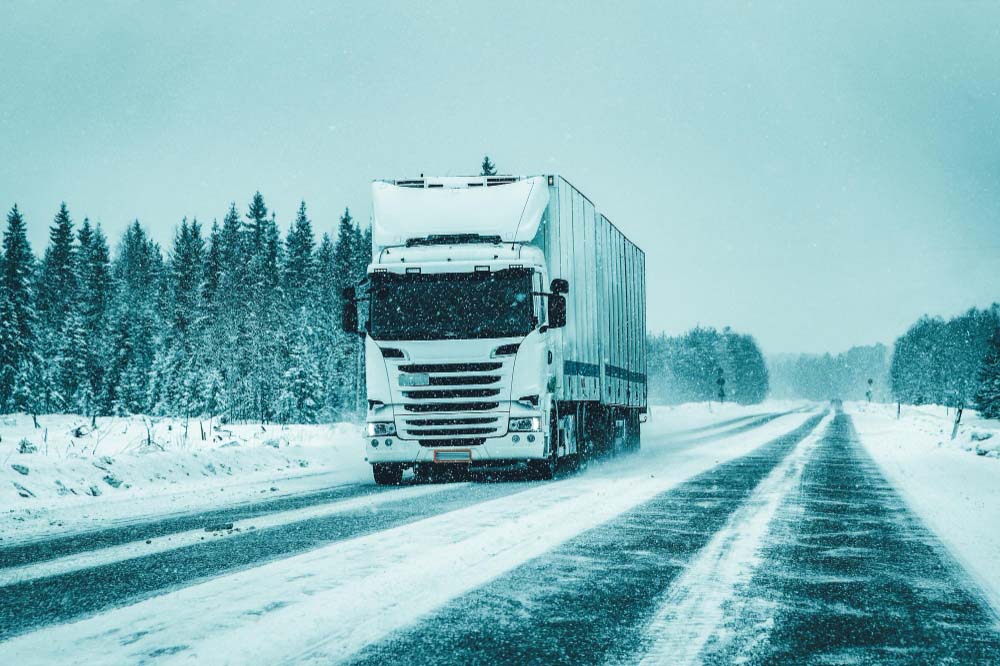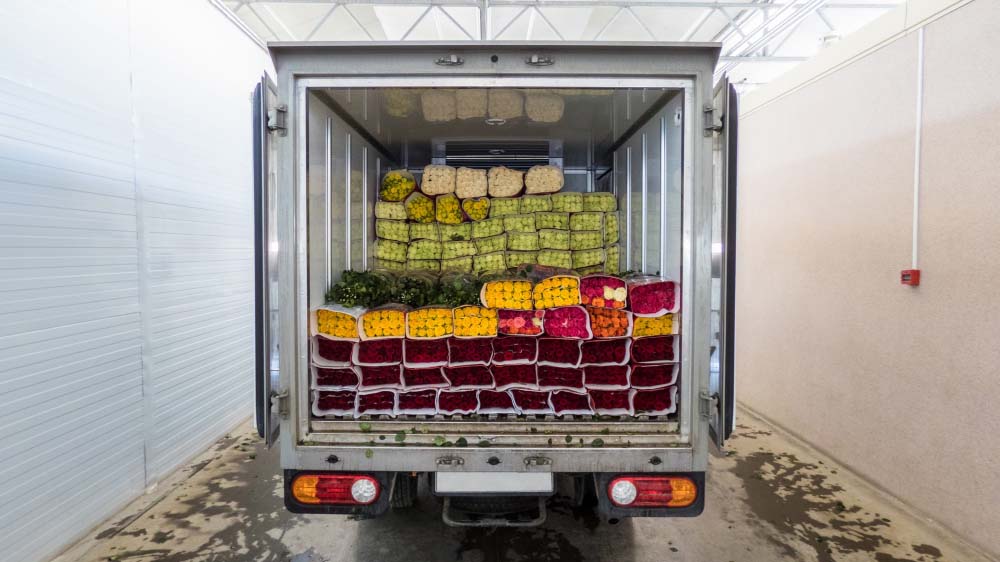
Perishable food transportation is the process of specially preserving and transporting food items that are frozen or transported through the cold chain. This process ensures that the foods reach the consumer fresh and intact. Refrigerated trailers or reefer containers are used for transporting perishable foods. This includes the movement of products such as fruits, vegetables, seafood, pharmaceutical products, baked goods, meat, and plants. Thanks to perishable food transportation, products are kept fresh and of high quality in distant regions before reaching the end consumer.
Transporting frozen or cold chain food items occurs under specific temperature and humidity conditions. These conditions ensure that the foods are transported without spoilage and without losing their quality. Cold food transportation is carried out safely thanks to modern logistics and transportation technologies. This makes it possible to offer fresh and healthy foods to consumers in every season.
This article will provide details about perishable food transportation and how the transportation process is carried out.
What is Cold Food Transportation?
Cold food transportation is the process of safely transporting perishable foods at a specific temperature. Cold food transportation, typically used for frozen and fresh food products, is necessary to keep the products at a constant temperature and to facilitate easy transport in hot or cold conditions. This type of transportation is especially important for long-distance and international shipments. Proper storage and transportation of food in accordance with hygiene standards are fundamental to protect consumer health. Many companies in the sector perform this, using special equipment and techniques to store and transport products under appropriate conditions. This ensures the safe transportation and delivery of perishable foods to consumers.

Which Factors Are Important in Perishable Food Transportation?
Important factors in perishable food transportation include container type, transportation method, temperature control, and the duration of transport to preserve product freshness. These factors are especially critical when transporting perishable items like meat and meat products. To maintain the cold chain, foods must be loaded into containers with appropriate cooling conditions. Additionally, the transportation method is important because continuous and proper transportation is necessary to preserve freshness. The duration of transportation is also crucial for maintaining freshness, so it must be carefully planned. Considering all these factors ensures the successful execution of perishable food transportation.
The Importance of Cold Chain in Perishable Food Transportation
The cold chain cargo plays a fundamental role in perishable food transportation. During the transportation of perishable products, temperature and humidity control are extremely important. If the cold chain is broken at any point, it can negatively affect the transportation and shelf life of perishable products. Preventing the break in the cold chain is critical in the transportation of perishable goods.
Efficient Logistics Solutions with Perishable Food Transportation
Logistics companies offer various services for perishable food transportation. These services cover critical points to consider during the transportation of frozen products. Additionally, controlling humidity during the transportation of food items is another important service provided by logistics companies. This minimizes potential risks during the transportation of perishable products.
Extending Shelf Life in Perishable Food Transportation
One of the most important points during food transportation is taking necessary precautions to prevent spoilage. For safe transportation of perishable foods, logistics companies implement special procedures. There are specific factors to consider, especially when transporting sensitive products like meat and dairy. These factors are extremely important to ensure the safe transportation of products.
Regulations and Laws in Perishable Food Transportation
Compliance with certain laws and regulations is very important when transporting food. In this context, measures to minimize the risk of spoilage during transportation of perishable products and procedures to extend shelf life must be subject to specific rules and regulations. This ensures that the perishable food transportation process is carried out more safely and effectively.



